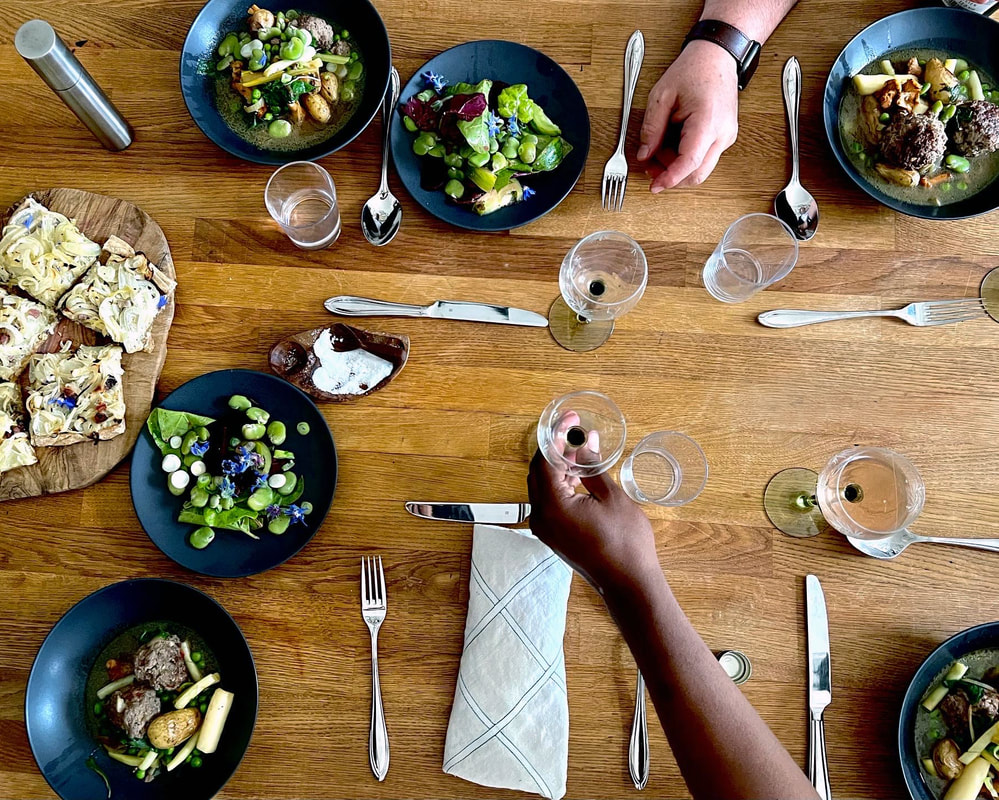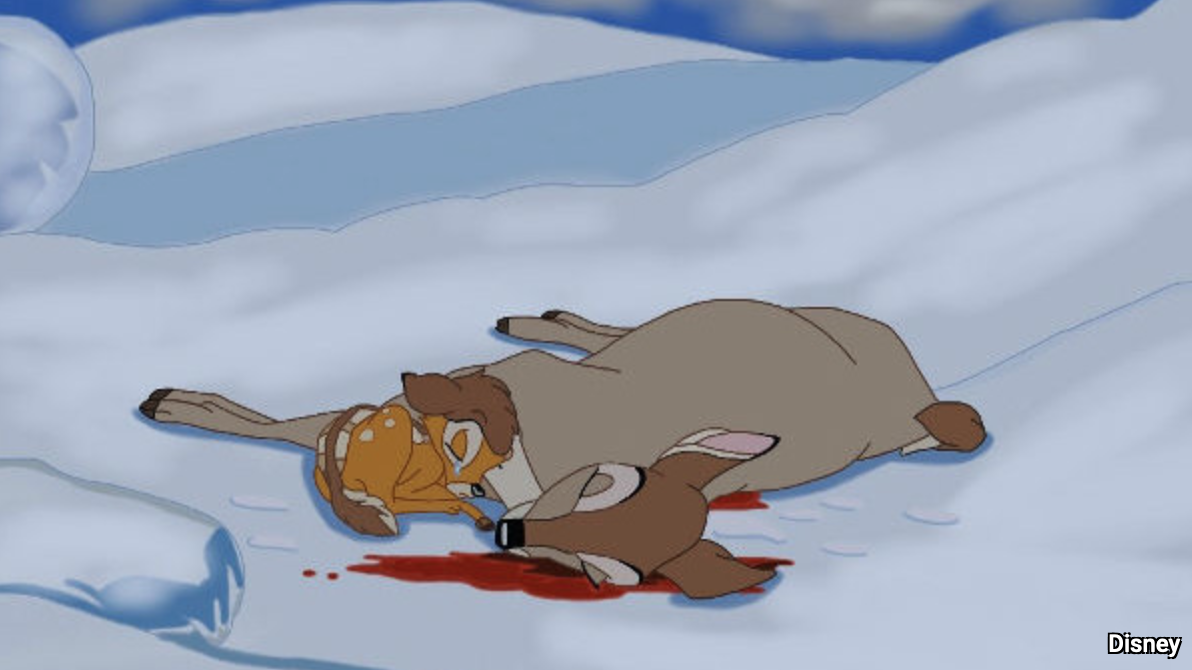|
8/10/2022 A guy's summer stewRecently I had 3 students, all men from New York. All of them love food and I could tell right away that they like meat. After giving a brief sum-up of my culinary biography and a short perspective on what makes modern German food German and modern, we decided to cook a seasonal summer stew with meat balls. Vegetables being the most important ingredients in my teaching and cooking, we browsed the Winterfeldtmarket for what’s in season, picking the most fresh and regional produce possible. June/July is a time of abundance. Whereas in April and May vendors sell mostly fresh produce from Italy, France, Spain and Turkey, we now have all the local produce too: green string beans, yellow wax string beans, salad cucumbers and frying cucumber (yes, did you know? we fry big fat cucumbers and they are delicious!), tomatoes from Brandenburg, fava beans, peas, and devour the last white asparagus, and of course the carrots, beets, fennel, celeriac, potatoes, scallions, onions... “I suggest boar or deer meat for our meat balls”, I said. “Oh no, no deer, please”, was the quick reply by one student. “Is it because of Bambi?” I asked. “Yeah, I have to confess and no can’t do it.” I have come across people with "the Bambi effect*" several times, leaving me amazed how Hollywood managed to brainwash our culinary preferences. A good friend of mine couldn’t eat duck for years because he carried Donald Duck in his heart. In the beginning I laughed, but realized quickly how serious this was. Once our brain carves such a strong neurological pathway, especially when connected to one of our senses, any chef can try all kind of miracles, but will remain unsuccessful breaking the pattern, unless we are tricked. (*The Bambi effect is a term used primarily by hunters, mocking people with irrational emotional objections to the killing of "adorable, cute" animals, regardless of whether they eat animal meat otherwise or in consideration of environmental and economic realities. "Bambi" is an animated film by Walt Disney's from 1942, in which hunters kill the mother of the deer Bambi. The actual act of killing is off-screen, but the scene brutally and realistically portrays our bloody relationship with nature's animals.) So, boar we agreed on. But what’s my point?
So many of us, it seems, have conflicts about eating meat. I hear people (me included) say: 'Yes, I eat meat, but very seldom, and only if its sustainably raised, organic meat from local farms or hunters.' I go through paranoid periods of ecoside, and I think I have to stop eating animal products entirely. As an omnivore loving food in general, these doubts remain. And how often have you thought, ‘oh no, not again, I can’t have this discussion again.’? (I have to confess, that I did call some hard-core preaching vegans fundamentalists before, and that's really not cool...sorry!) Here is my point. Don't you think, staying engaged in the discussion is our responsibility? Realizing that there is no easy answer, shouldn't we keep on thinking, talking and learning about what’s on our plate and where it comes from, even if it’s wearisome? Louise O. Fresco writes in Hamburgers in Paradise, a book I highly recommend: In a stubborn form of cognitive dissonance, many people are concerned and express their outrage at the production methods of meat and dairy products, but at the same time they close their minds to the causes and take advantage of the low prices that result from those production methods. The willed blindness of consumers in rich countries makes it possible for the majority of the population to profit from the abundance of cheap animal products while not knowing the unpleasant details. We end up with a difficult balancing act, cherishing the romantic image the small farmer looking after farm animals as if they were beloved pets, as opposed to the horrors of the battery cages ad abattoirs used by the very same farmer. Both images are a distortion. (...)* Bambi, after 80 years, is not forgotten and now a symbol of distortion, of how complicated food consumption in our modern world can be. Let's stay engaged. * HAMBURGERS IN PARADISE, Louise O. Fresco, Princeton University Press, 2021 Comments are closed.
|
|
|
Kit Schulte
Modern German Food
|

